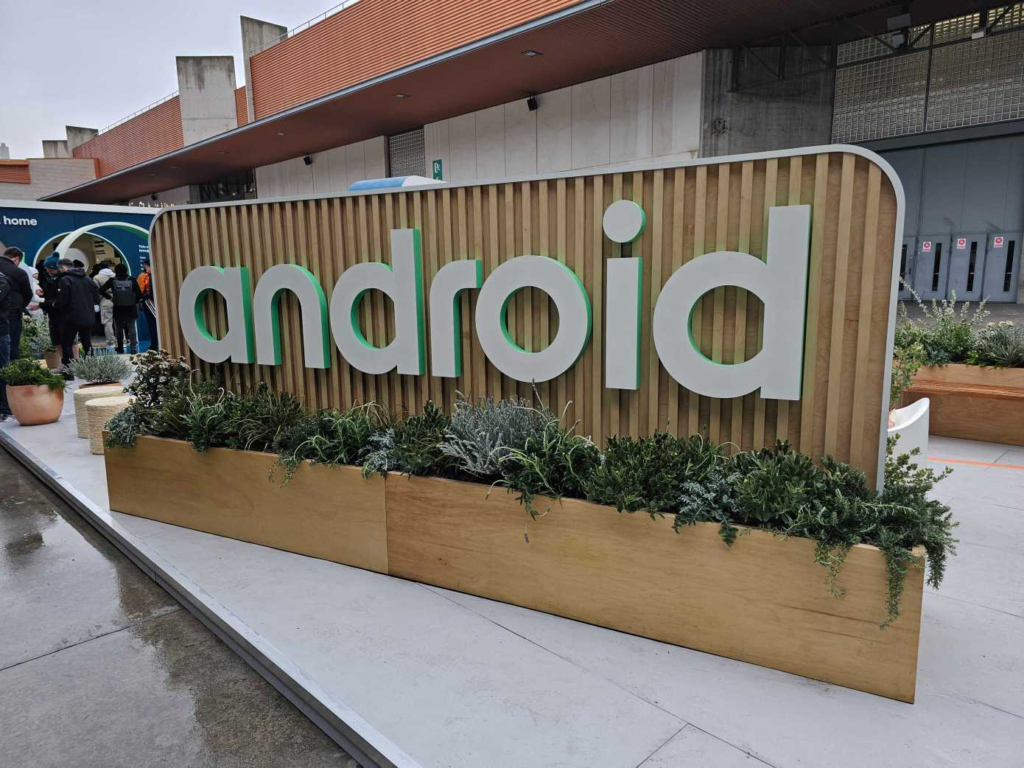The iPhone SE 4, codenamed Ghost, is expected to receive a major redesign with a new chassis, camera bump, and biometrics.
Chassis
The iPhone SE 4 will use a modified version of the iPhone 14 chassis, with two major changes:
- Action button: A new multi-purpose button that replaces the mute switch on newer iPhone models. It can be configured to perform a variety of actions, depending on the user’s preference.
- USB-C port: In order to comply with upcoming European Union regulations, the iPhone SE 4 will switch to a USB-C port instead of Lightning.
Camera bump
The camera bump on the iPhone SE 4 will be redesigned, with Apple reportedly developing at least five different designs. The exact design of the camera bump is still unclear, but it is expected to be similar to the third-generation iPhone SE in terms of size and placement.
Camera
Preliminary information suggests that the iPhone SE 4 may feature a 48-megapixel rear camera, which would be a significant upgrade from the current model’s 12-megapixel camera.
Biometrics
The iPhone SE 4 will not have a Touch ID home button, but will instead use Face ID for biometric identification. This is likely due to the fact that the new chassis is based on the iPhone 14, which also does not have a Touch ID home button.
In-house 5G modem

Apple is also working on an in-house 5G modem, codenamed Sinope. The iPhone SE 4 is being used to test the new modem, which is expected to debut with the iPhone 16 lineup. However, it is possible that the new modem could be released earlier, as it is currently being tested on the iPhone SE 4 and a derivative of the iPhone 15 Pro Max.
Mass production
It is still early in the development process, so it is possible that the iPhone SE 4 may not make it to mass production. However, the amount of effort that Apple is putting into the design of the device suggests that it is serious about releasing it.
Overall
The iPhone SE 4 is shaping up to be a major upgrade from the current model. The new chassis, camera bump, and biometrics are all expected to be significant improvements. Additionally, the possibility of an in-house 5G modem could make the iPhone SE 4 even more attractive to consumers.
It is important to note that this information is preliminary and subject to change. However, it gives us a good idea of what to expect from the iPhone SE 4 when it is finally released.








